Sleep and Sports Performance: The Overlooked Key to Athletic Success
# Sleep and Sports Performance: The Overlooked Key to Athletic Success
In the world of sports, success is often attributed to rigorous training, disciplined nutrition, and mental toughness. However, one crucial element frequently overlooked is sleep. Athletes can spend hours perfecting their skills and optimizing their diets, but without adequate rest, their performance can suffer drastically. Sleep is not merely a period of rest; it is a vital component of athletic success, influencing everything from recovery and muscle growth to cognitive function and mood. In this blog post, we will explore the relationship between sleep and sports performance, discuss nutritional tips for better sleep, provide exercise advice, and highlight the health benefits of prioritizing sleep.
## The Science of Sleep and Athletic Performance
Sleep affects several physiological and psychological processes that are essential for athletes. During deep sleep, the body undergoes crucial recovery processes, including muscle repair and growth, hormone regulation, and memory consolidation. Growth hormone, which plays a significant role in muscle growth and fat metabolism, is primarily released during sleep. Additionally, adequate sleep helps in reducing inflammation, improving immune function, and enhancing overall recovery from training.
Cognitive function, which is critical for making split-second decisions in competitive sports, is also heavily influenced by how well an athlete sleeps. Studies have shown that sleep deprivation can lead to decreased focus, slower reaction times, and impaired decision-making abilities. This is particularly detrimental in high-stakes environments where every second counts.
## Nutrition Tips for Better Sleep
What you eat can significantly impact your sleep quality. Here are some nutrition tips to help improve your sleep:
1. **Balanced Meals**: Ensure your meals are balanced with carbohydrates, proteins, and healthy fats. Carbohydrates can help increase the availability of tryptophan, an amino acid that promotes sleep.
2. **Magnesium-Rich Foods**: Foods high in magnesium, such as nuts, seeds, leafy greens, and whole grains, can help relax muscles and improve sleep quality.
3. **Limit Caffeine and Sugar**: Consuming caffeine or sugar-laden foods close to bedtime can disrupt your sleep cycle. Aim to avoid these stimulants for at least six hours before bedtime.
4. **Hydration**: Stay hydrated throughout the day, but aim to reduce fluid intake in the hours leading up to sleep to minimize nighttime awakenings.
5. **Sleep-Inducing Snacks**: If you need a snack before bed, consider foods like bananas, cherries, or oatmeal, which can promote sleep due to their natural melatonin content.
## Exercise Advice for Better Sleep
While exercise is essential for overall health and athletic performance, the timing and type of exercise can also influence sleep quality:
1. **Consistency is Key**: Aim for a consistent workout schedule. Regular physical activity can help regulate your sleep patterns and improve the quality of your sleep.
2. **Avoid Intense Workouts Before Bed**: While exercise can promote better sleep, high-intensity workouts close to bedtime can raise your heart rate and body temperature, making it harder to fall asleep. Aim to finish intense workouts at least three hours before bedtime.
3. **Incorporate Relaxation Techniques**: Activities like yoga and stretching can be beneficial in the evening. These practices can help relax your muscles and calm your mind, making it easier to wind down.
4. **Morning Workouts**: If possible, try to schedule your workouts in the morning or early afternoon. Studies have shown that early exercise can help improve sleep quality at night.
## Health Benefits of Prioritizing Sleep
The benefits of prioritizing sleep extend beyond athletic performance. Here are some key health benefits:
1. **Improved Recovery**: Quality sleep allows the body to recover more efficiently from both physical and mental exertion, reducing the risk of injury.
2. **Enhanced Mood and Mental Health**: Sufficient sleep is linked to improved mood and reduced symptoms of anxiety and depression. A positive mindset is crucial for athletes, especially during competition.



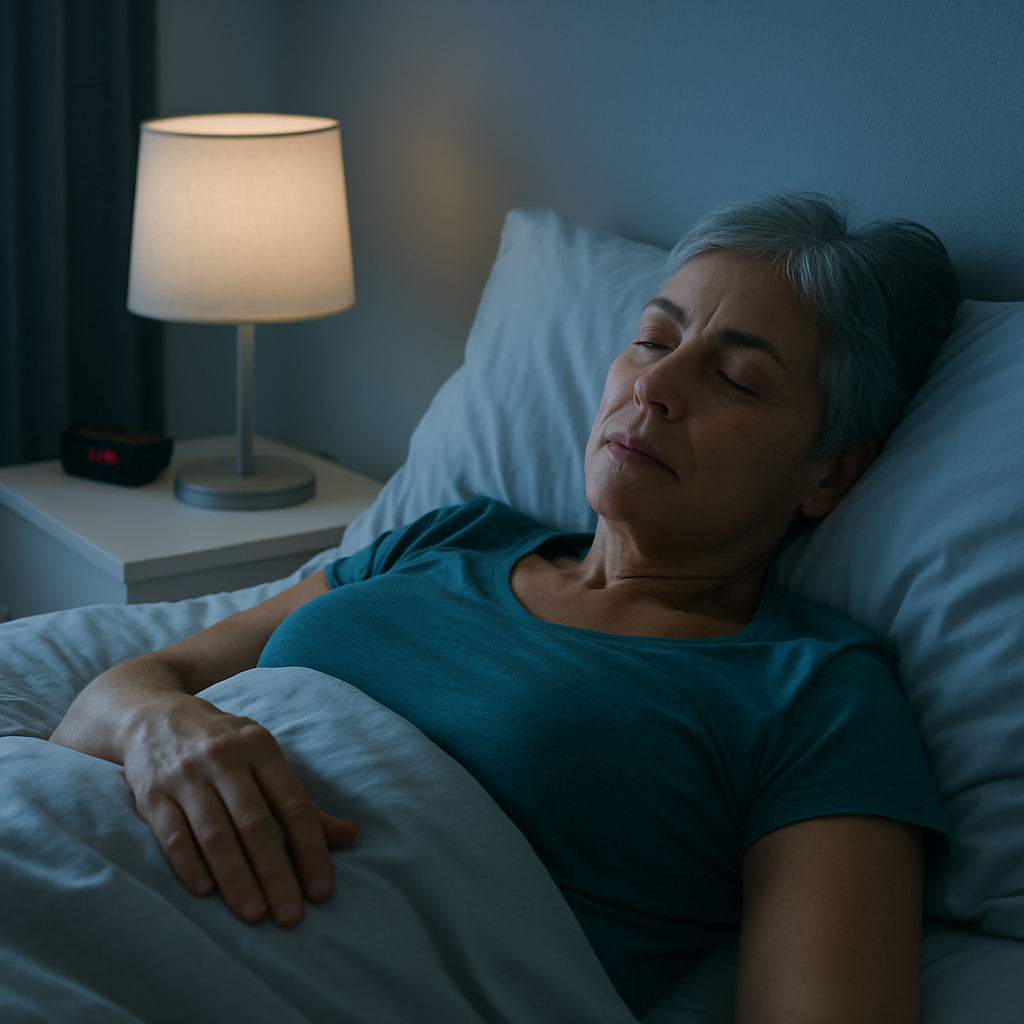
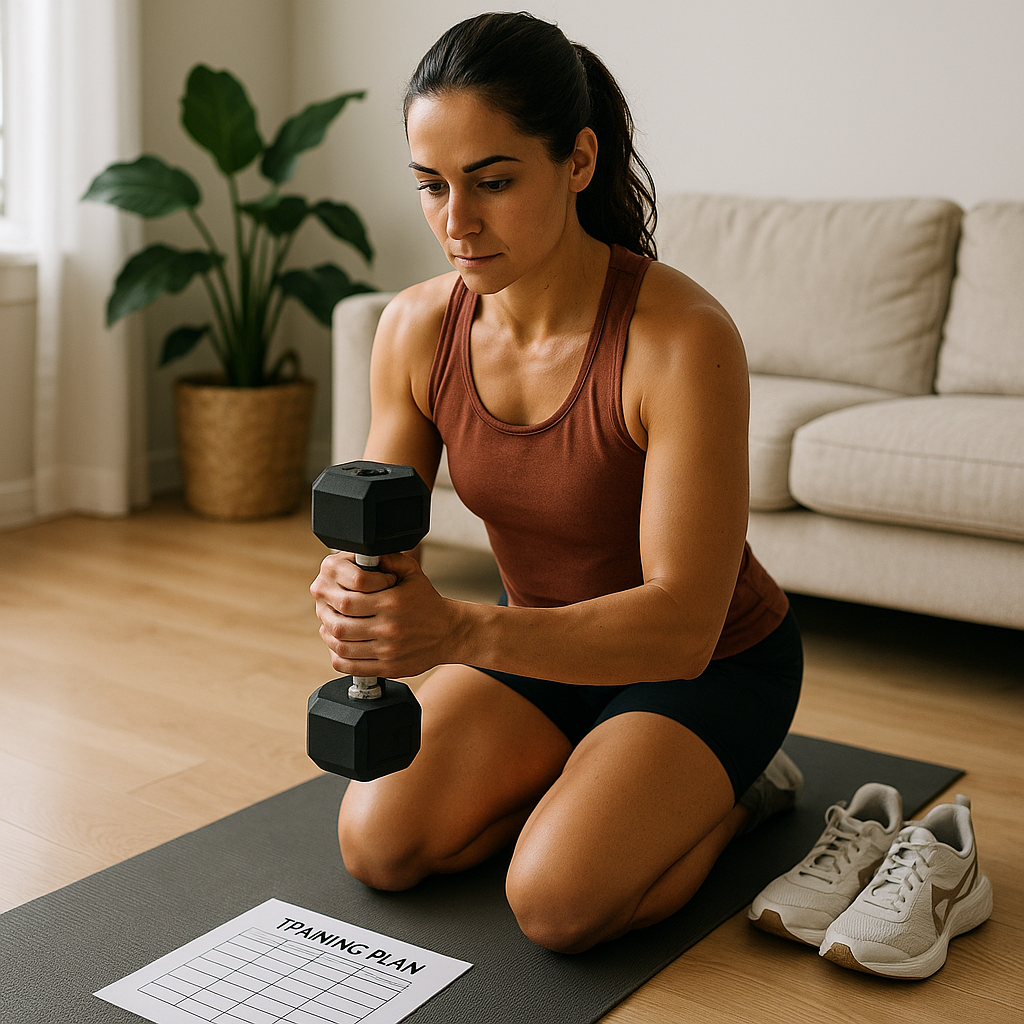

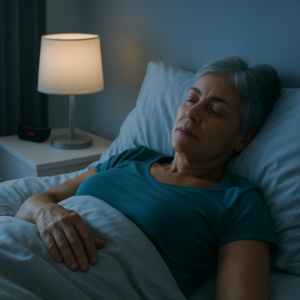
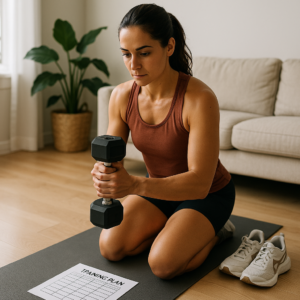


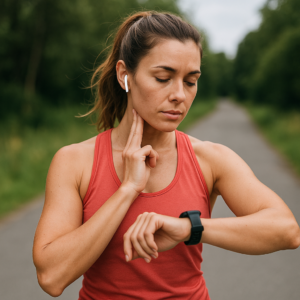
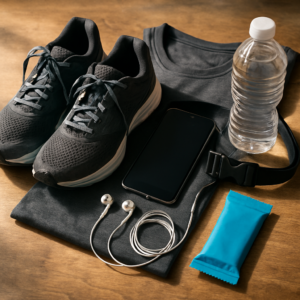



Post Comment